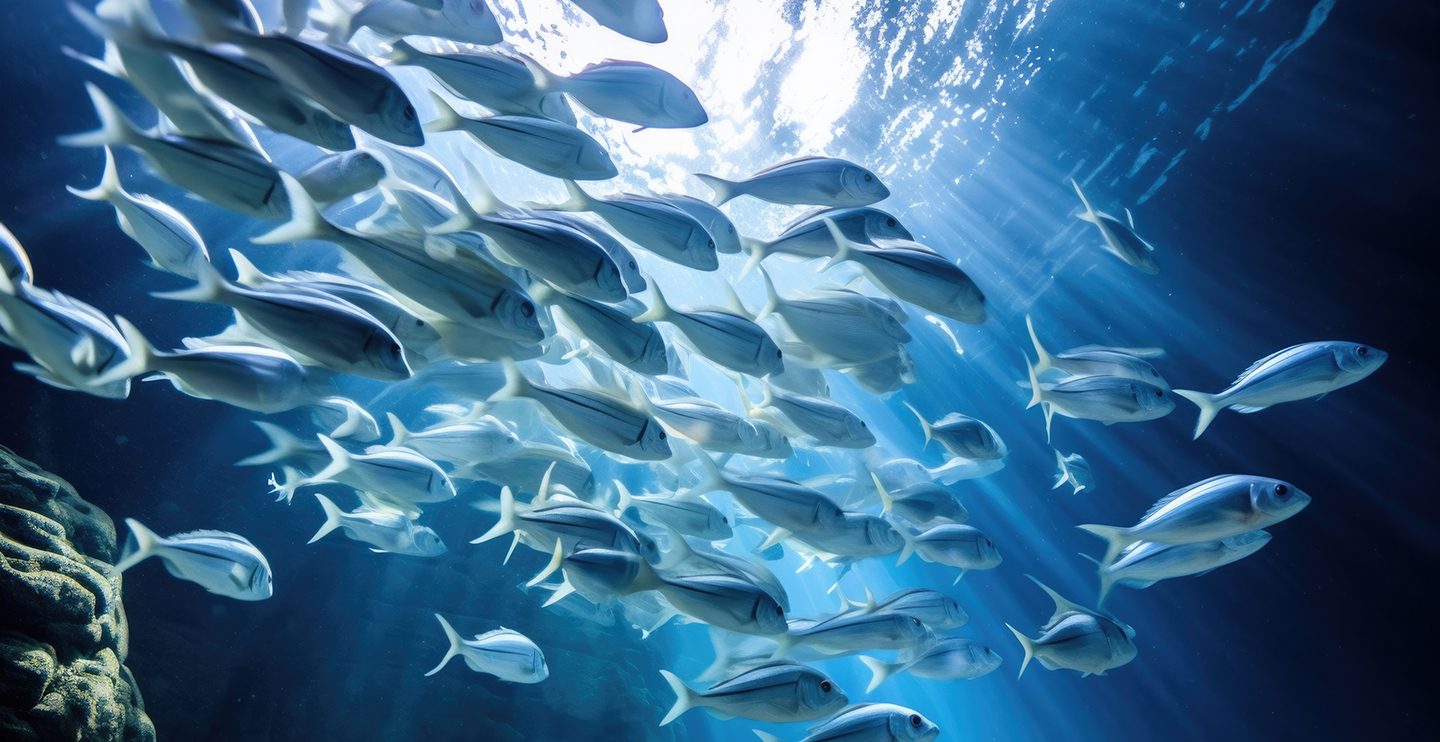from the deputy director
The scientific method has long been a linear process: pose a question, form a hypothesis, and conduct an experiment to test the theory. But the power of computing in this era of Big Data is upending that process, allowing researchers to create vast databases, and programming computers to dive in, conduct thousands of tests in the blink of an eye, develop their own questions, and find the answers themselves.
In short, data is driving discovery.
That theme is the common link between the winners of this year’s “Expanding the Use of Collaborative Data Science at UM” grants program awarded by the Frost Institute for Data Science and Computing (IDSC). Five UM researchers specializing in medicine and fluid dynamics will each receive $20,000, 1M Service Units (SUs) to be used for high-performance computing at IDSC, and the opportunity to collaborate with IDSC experts on their projects.
Individually, the winning projects will help advance science in their respective fields. Collectively, they show how far data science has come, reaching into every research field imaginable.
Later this year, IDSC will also award four grants to researchers exploring Generative Artificial Intelligence, a field that has exploded in recent years as consumers become more comfortable asking their computers to write a letter for them or conjure up an image. At IDSC, we want to be at the forefront of the next breakthroughs in the field, which is why those grants will be big: $35,000 and 2M SUs.
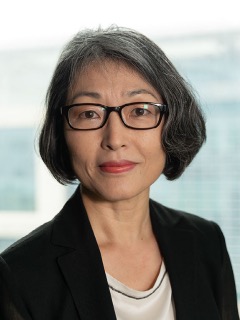 For now, let me introduce the five winners of our Collaborative Data Science awards:
For now, let me introduce the five winners of our Collaborative Data Science awards:
Youngmee Kim, PhD, a Professor of Psychology and a member of the Sylvester Comprehensive Cancer Center, will use IDSC’s computing power to explore why relatives of cancer victims also die earlier than expected.
Is it the emotional toll of seeing their relatives fade away? Is it the financial struggle of paying for their relatives’ treatment? Is it the combined stress of all those factors?
Kim has already interviewed hundreds of relatives of cancer victims, but figuring out the throughlines would be a grueling, time-consuming process. By creating a database of all the characteristics of each relative and training a computer to find the commonalities, Kim’s research will move much faster and could end up making unexpected discoveries.
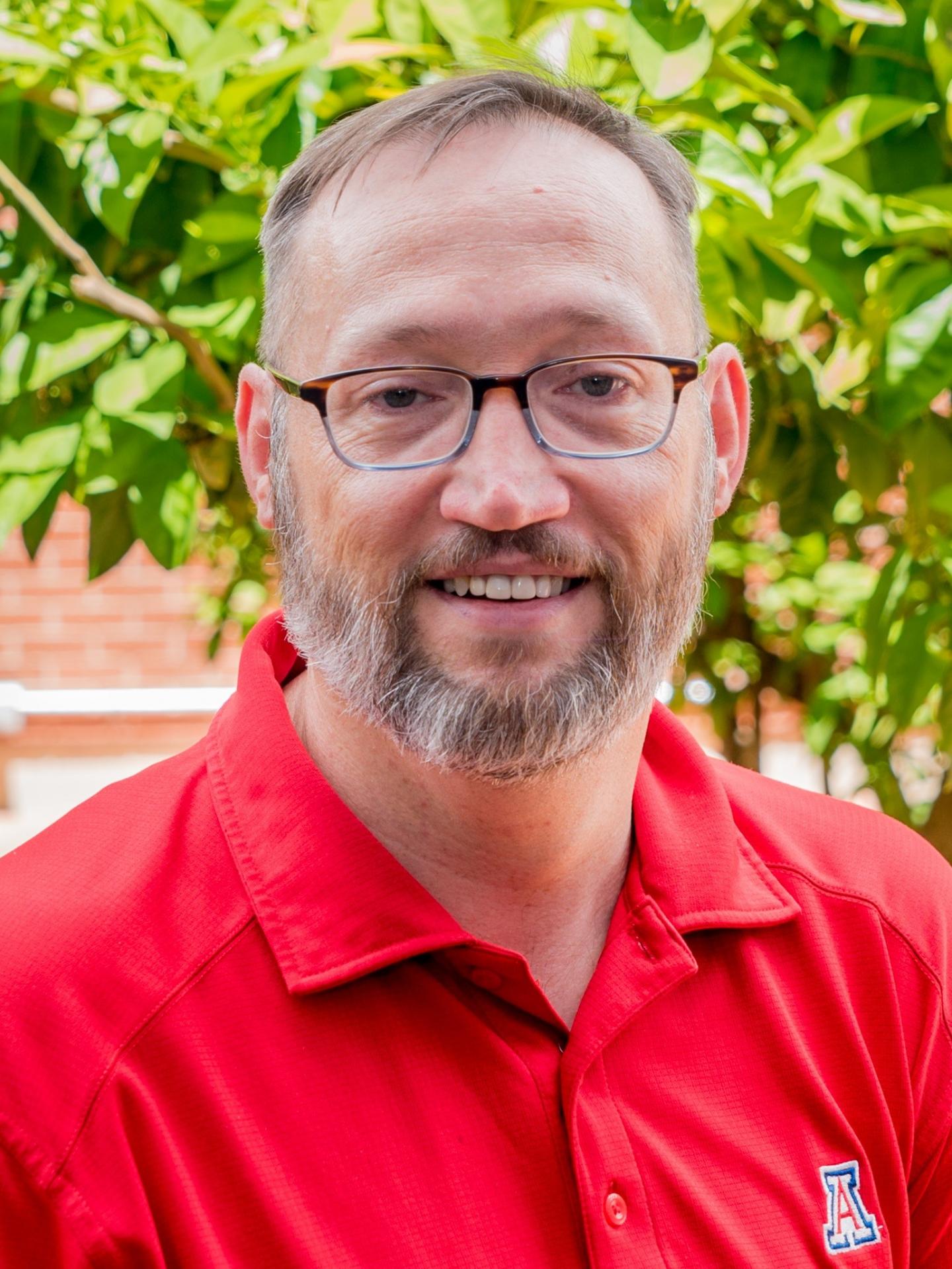 Charles Downs, PhD, an Associate Professor and Director of the Biobehavioral Laboratory at UM’s School of Nursing and Health Studies, will dive deep into databases to find commonalities between people who develop sepsis.
Charles Downs, PhD, an Associate Professor and Director of the Biobehavioral Laboratory at UM’s School of Nursing and Health Studies, will dive deep into databases to find commonalities between people who develop sepsis.
That life-threatening condition develops when the body responds improperly to an infection, often leading to irreversible damage to the lungs, kidneys, liver, and other organs. At least 1.7 million adults in the U.S. develop sepsis each year, according to the U.S. Centers for Disease Control and Prevention, meaning millions of patient records exist.
But that much data can be overwhelming to researchers doing traditional research. Downs will work with IDSC Advanced Computing to import the data and train a computer to sort through it all.
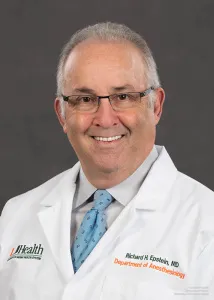 Richard Epstein, MD, a Professor of Clinical Anesthesiology at the Miller School of Medicine, is trying to develop an automated early-warning system to identify when patients under anesthesia are showing signs of trouble.
Richard Epstein, MD, a Professor of Clinical Anesthesiology at the Miller School of Medicine, is trying to develop an automated early-warning system to identify when patients under anesthesia are showing signs of trouble.
Anesthesiologists are trained to monitor all kinds of vital signs, including a person’s heart rate and blood pressure, to ensure their patient is stable. But anesthesiologists are human: they can get distracted or temporarily hand off monitoring duties to someone with less training. Developing a computerized system that would alert everybody in the surgery suite at the first sign of trouble would help overcome any lapses and, at the very least, serve as a backup for the anesthesiologist.
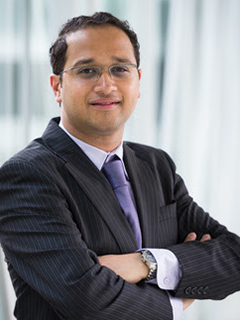 Vivek Nagendra Prakash, PhD, a UM Assistant Professor whose lab brings together experts and research from physics, biology, and the Rosenstiel School of Marine, Atmospheric, and Earth Science, will use his award to better understand how microorganisms propel themselves through liquids.
Vivek Nagendra Prakash, PhD, a UM Assistant Professor whose lab brings together experts and research from physics, biology, and the Rosenstiel School of Marine, Atmospheric, and Earth Science, will use his award to better understand how microorganisms propel themselves through liquids.
It’s commonly known that such organisms, collectively known as “microswimmers,” use small tentacles around their bodies called cilia to move around. But if researchers can understand that process in more detail, they could develop ways to coax or inhibit microswimmers. That would have profound implications, including the possibility of creating filtration systems that could stop dangerous micro-
swimmers like E. coli from entering drinking water supplies. I will serve as Prakash’s IDSC fellow and am excited about the possibilities.
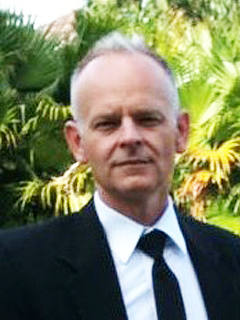 Francisco Beron-Vera, ScD, a Research Associate Professor in the Atmospheric Sciences at the Rosenstiel School, will explore the movements of sargassum, the reddish-brown seaweed that seems to be clumping on Florida’s shores more and more these days.
Francisco Beron-Vera, ScD, a Research Associate Professor in the Atmospheric Sciences at the Rosenstiel School, will explore the movements of sargassum, the reddish-brown seaweed that seems to be clumping on Florida’s shores more and more these days.
What many view as a nuisance actually plays a critical role in the oceanic ecosystem, serving as a home or resting spot for hundreds of organisms, fish, and even young sea turtles seeking shelter. That’s why it’s important to understand where the sargassum is coming from and where it’s going, which would allow scientists and coastal communities to develop better strategies to deal with the sometimes-overwhelming patches of sargassum.
Beron-Vera and his team have devised some ingenious machine-learning techniques to predict the movement of sargassum, and now he’ll have the computing power to test them all out.
As we start the new year, we are looking forward to helping our five awardees as they take advantage of the computing power and knowhow at IDSC to carry out their innovative work. Stay tuned for further announcements later this year.
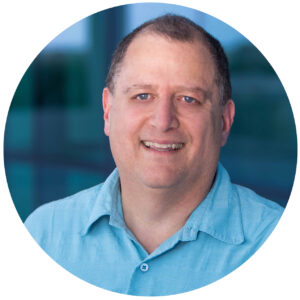

Ben Kirtman, PhD
idsc deputy director | director, idsc earth systems science




